Even though viewership numbers for HBO’s The Last of Us continue to shoot upwards week by week, you can’t keep every single fan happy – particularly those that are familiar with the 2013 video game the hit television series is adapting.
Granted, showrunners Craig Mazin and Neil Druckmann have done a stellar job in sticking to all of the game’s key narrative beats, although some character motivations and personalities have certainly seen some shifts.
There was recently a particularly lively discussion over on The Last of Us subreddit about Bella Ramsey and her portrayal of Ellie. While most fans rightfully rushed to the defense of Ramsey’s performance, there was one particular trait that the television version of Ellie possesses which seems to be a point of contention.
While both versions of the character are inherently badasses, there is a distinct difference in Ellie’s psyche in the game, and in the television show. While most of The Last of Us Part I video game is seen from Joel’s perspective, it doesn’t take a rocket scientist to work out that game Ellie feels a certain level of discomfort about violence, particularly early on.
Television Ellie, on the other hand, is shown to have a bit of a sadistic streak right out of the gate, made evident by her reaction to Joel beating a FEDRA guard to death in episode one, and curiously examining an incapacitated infected before jamming a knife through its skull in episode three.
Perhaps Druckmann and Mazin opted to paint Ellie this way because of the additional creative flexibility that the television medium granted them, but there’s an argument to be made that her sadism takes away from what made the character likable, particularly to Joel. While Joel is yet to witness any of Ellie’s questionable tendencies firsthand, would this man really want a surrogate daughter who’s infatuated with violence?
On HBO’s The Last of Us Podcast, Druckmann unpacks Ellie’s ambitions and thought processes, explaining that she seeks to walk the path of power and learn from those that are capable of surviving in this brutal world.
Perhaps this was a trait of hers in the game that wasn’t immediately visible due to its point of view, but it can’t be argued that game Ellie wasn’t deterred by violence. Just compare her reaction in the Boston QZ border scene in the show, and in the game (timestamp at 1:07:23 in the video below). She expresses shock – while her television counterpart is borderline salivating at the sight of watching someone get their head caved in.
At the very least, it is an intriguing creative choice to have written television Ellie this way – we’re just going to have to wait and see if, and how this approach ends up paying dividends in some way.
The next episode of The Last of Us will land on HBO Max this Friday, likely in an effort to dodge the Super Bowl in its usual time slot.

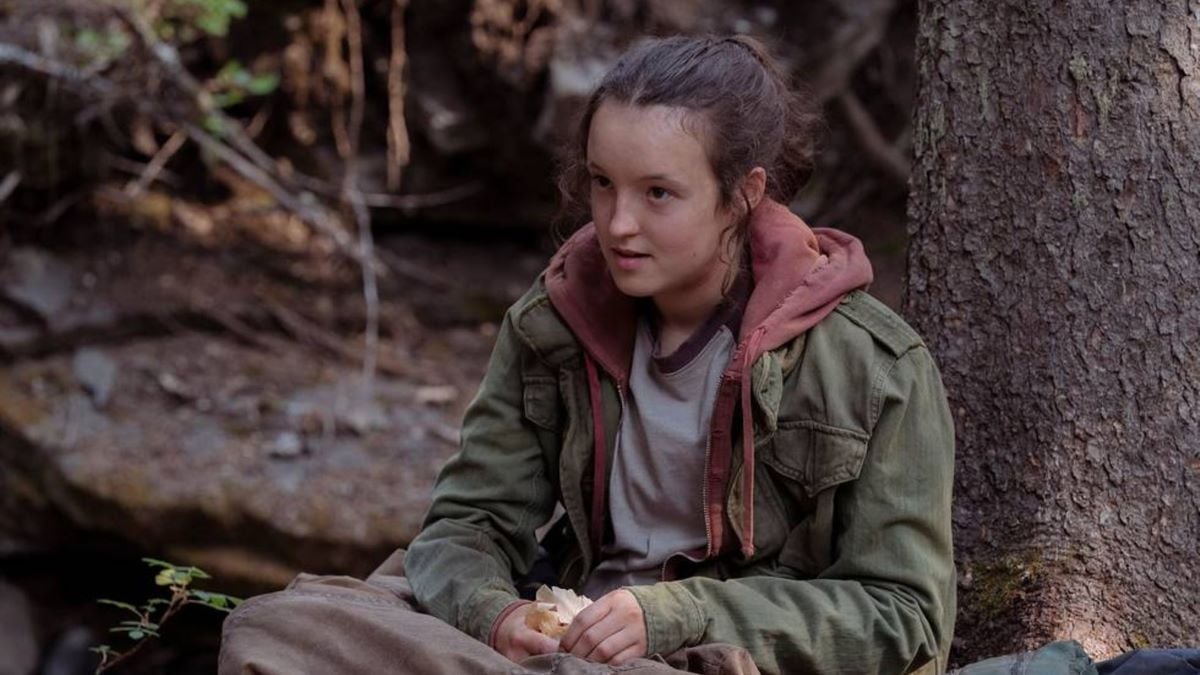

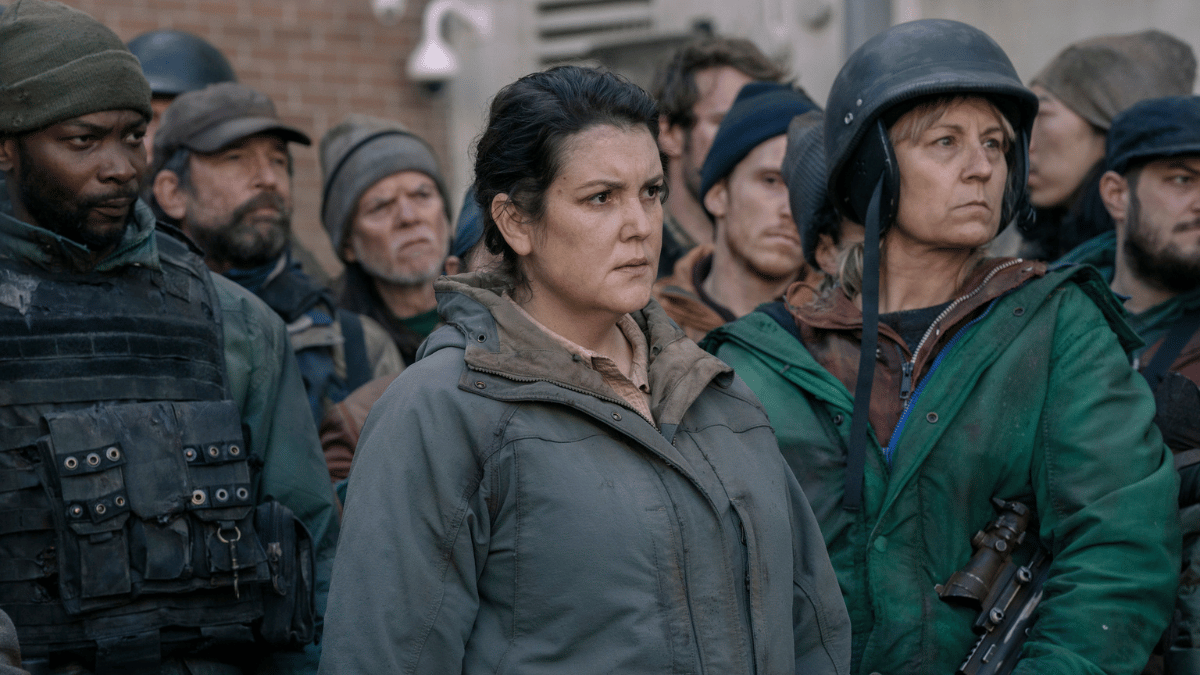
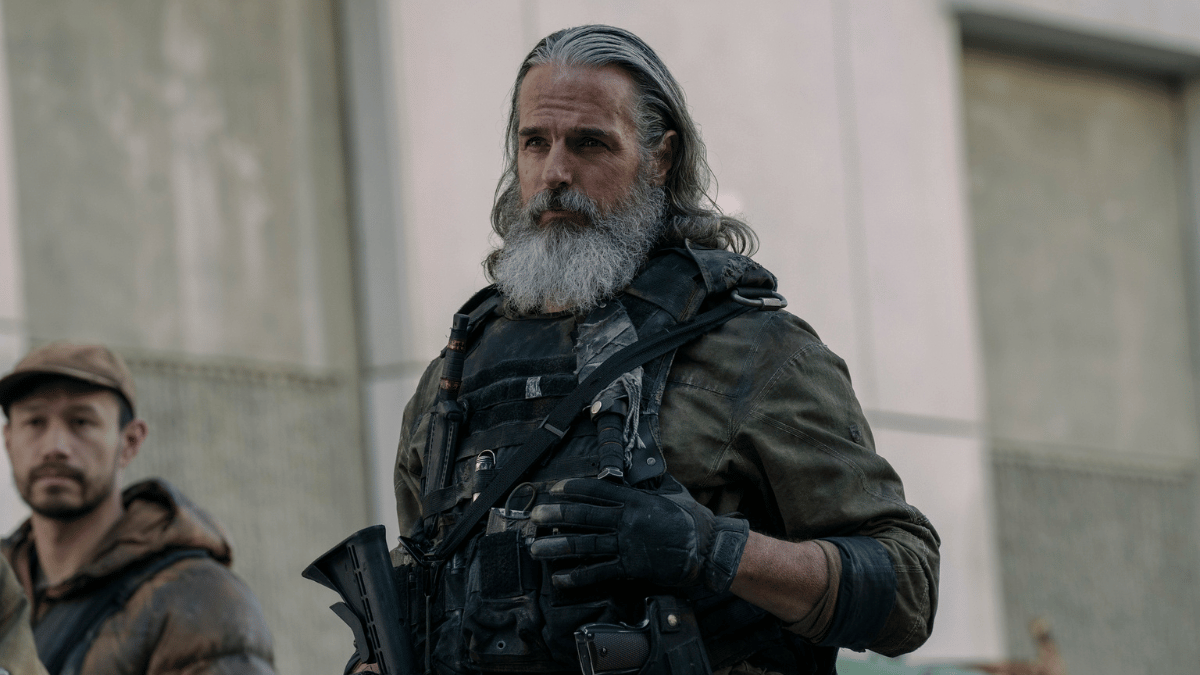
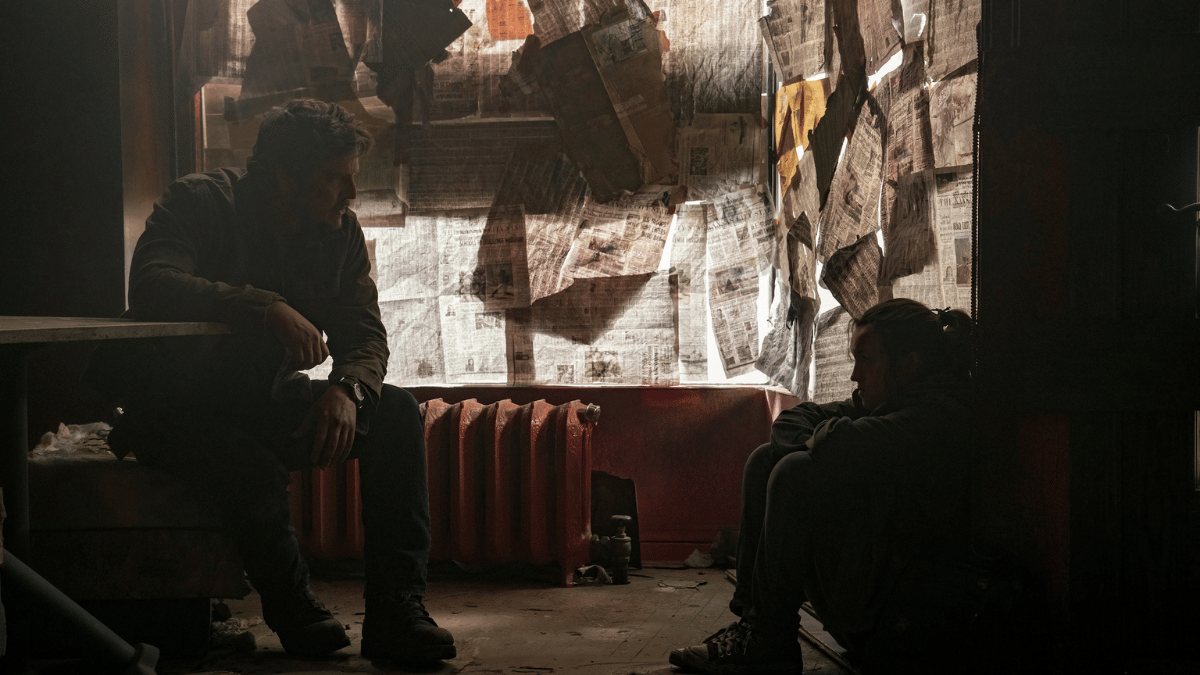

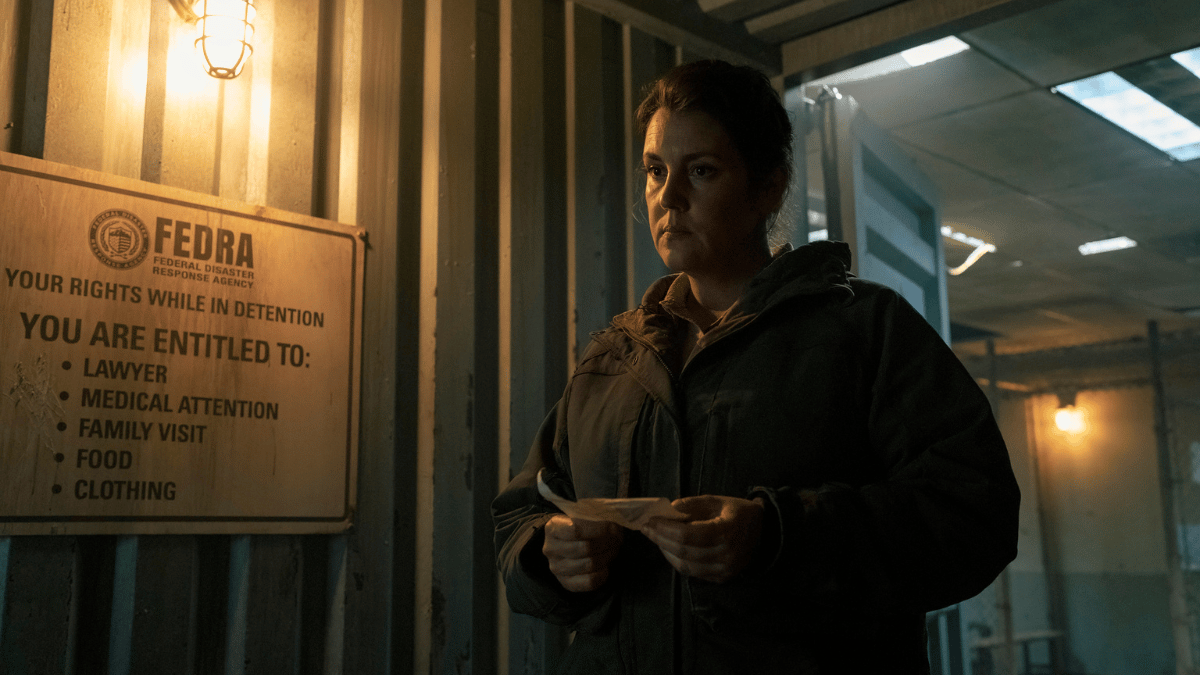
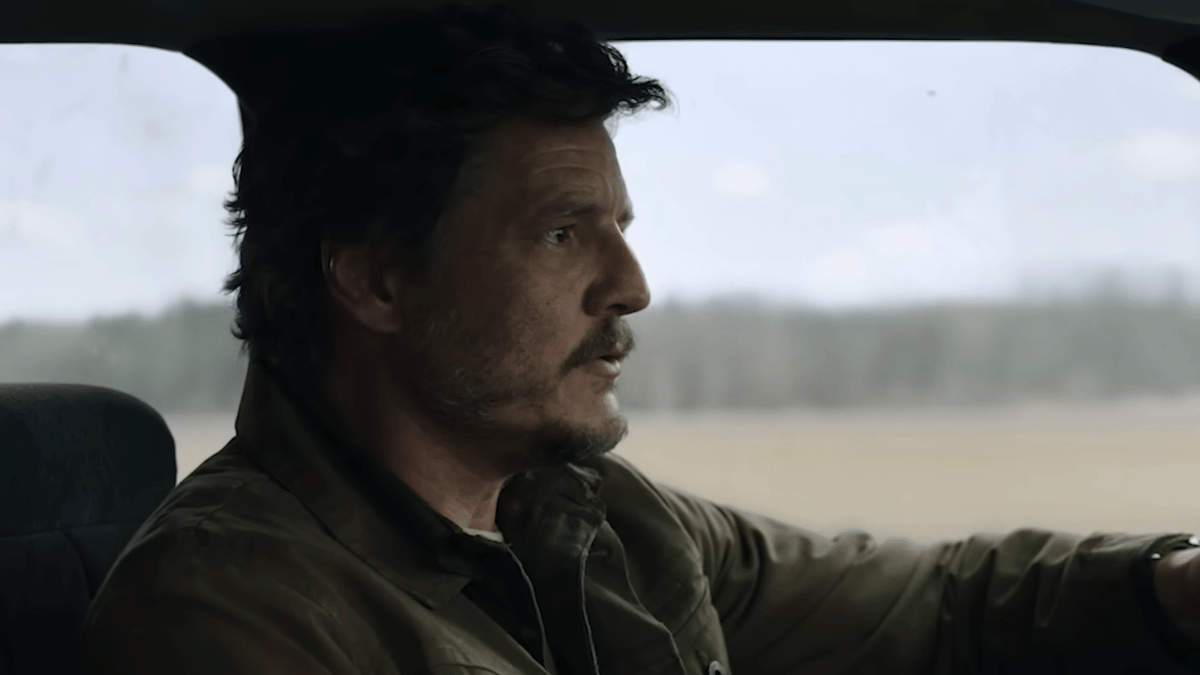
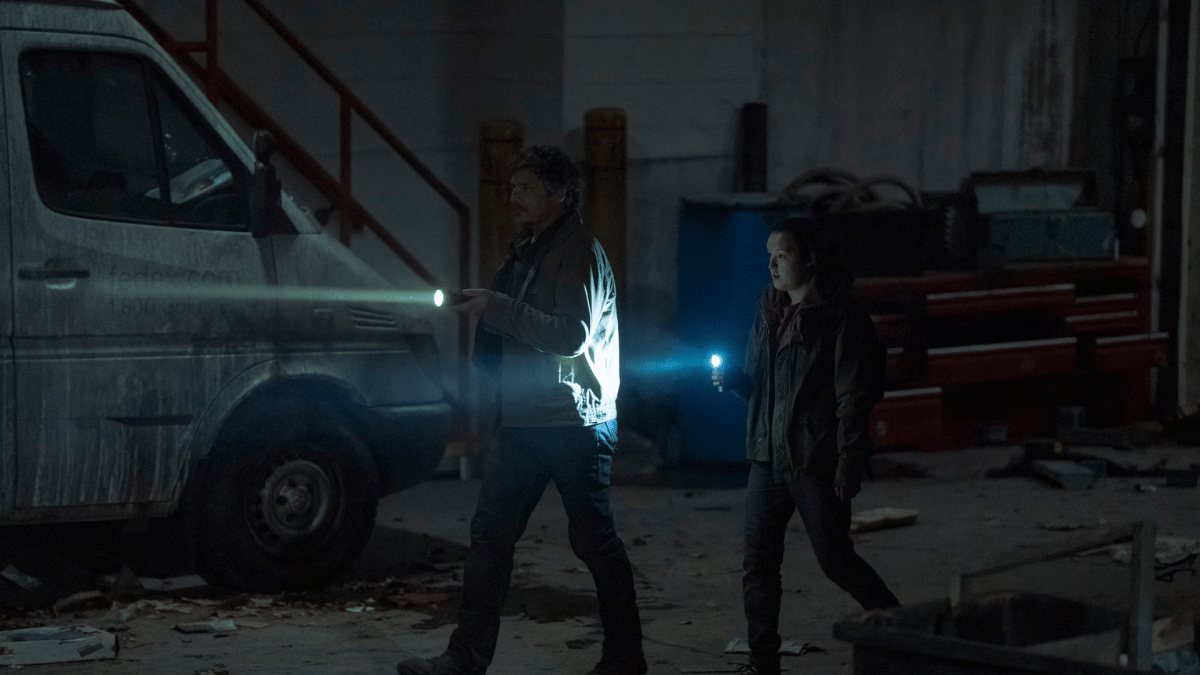
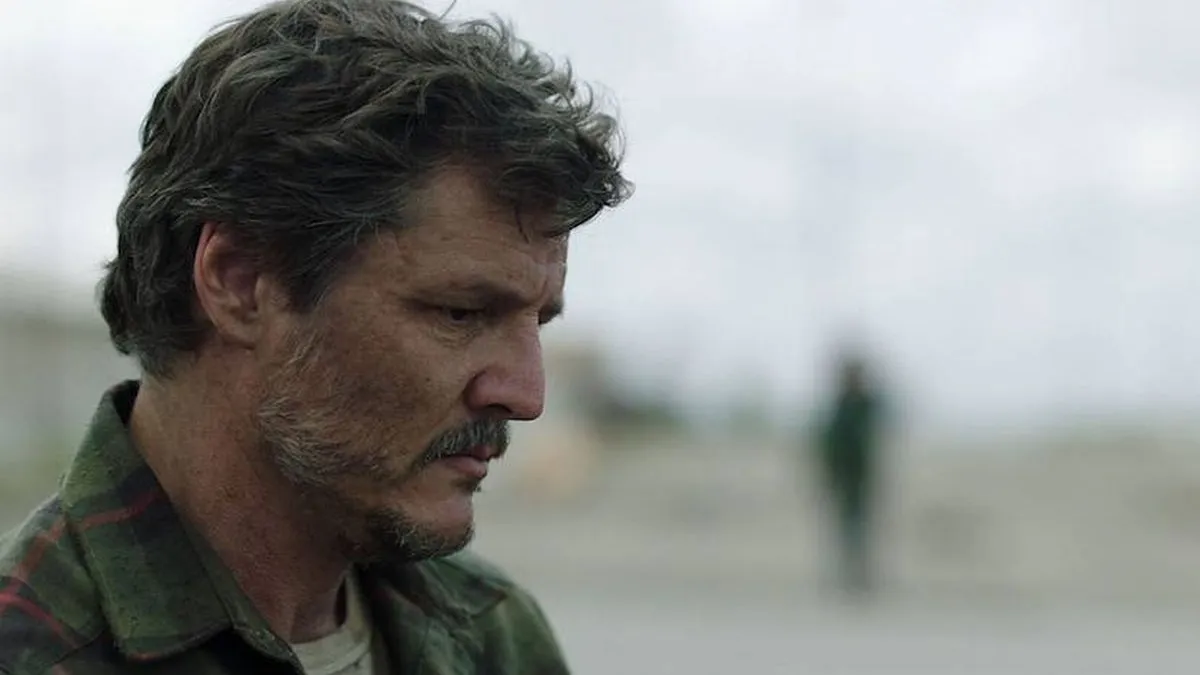
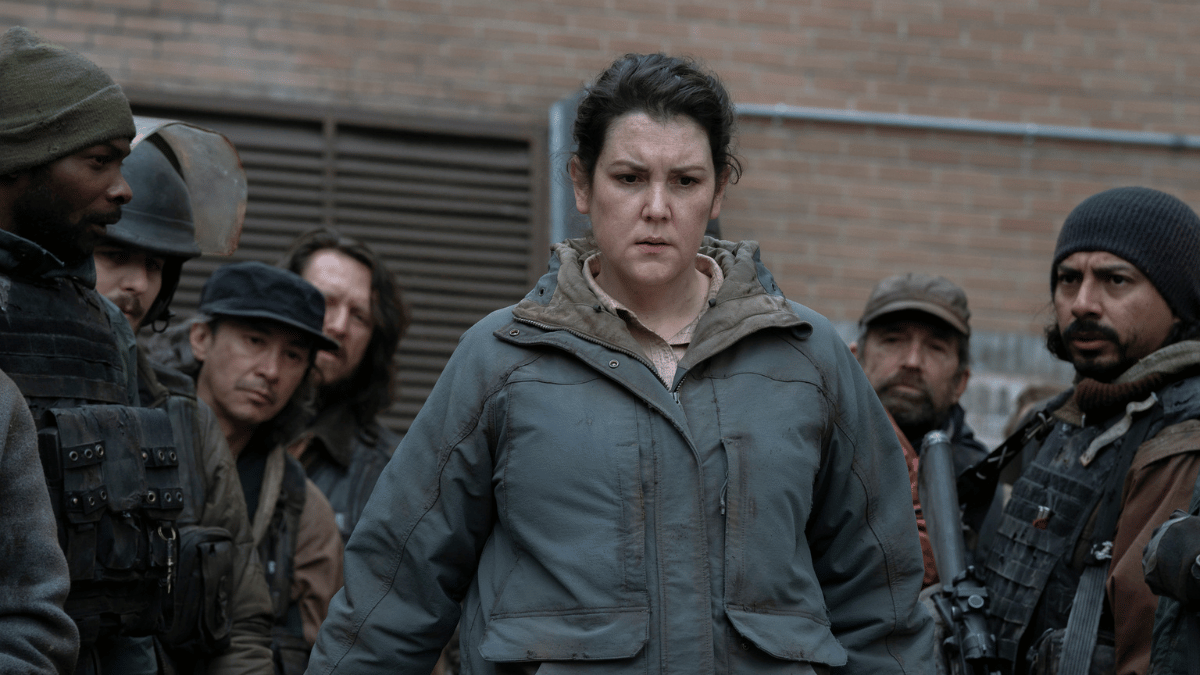
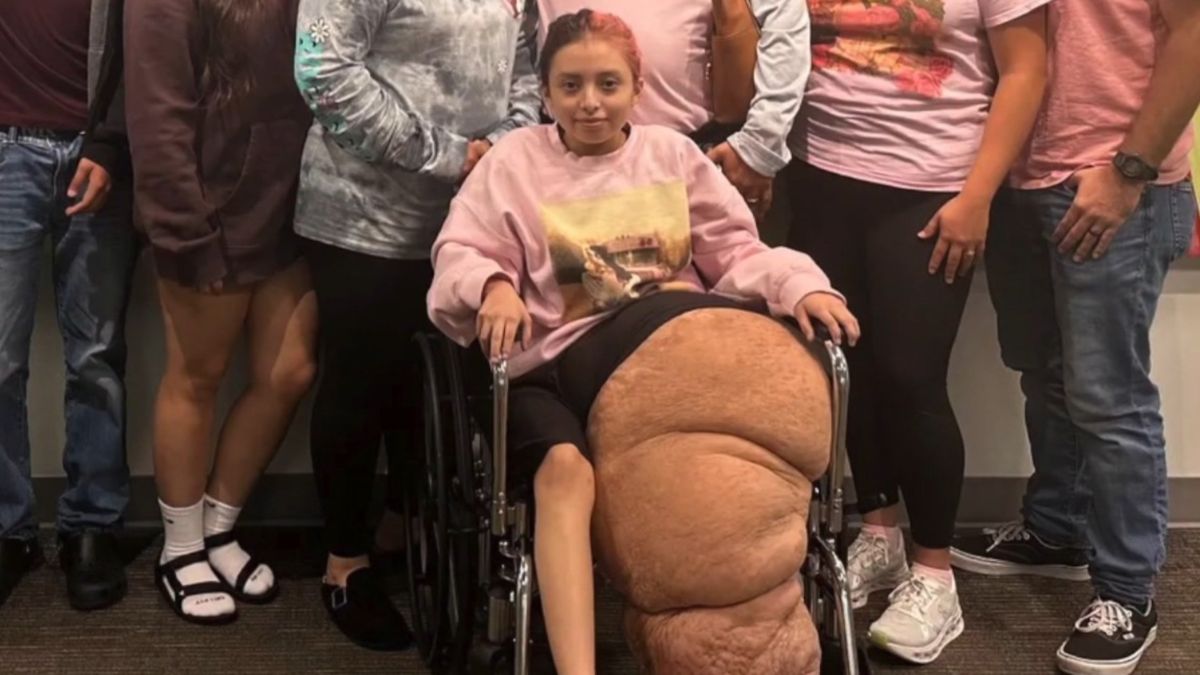
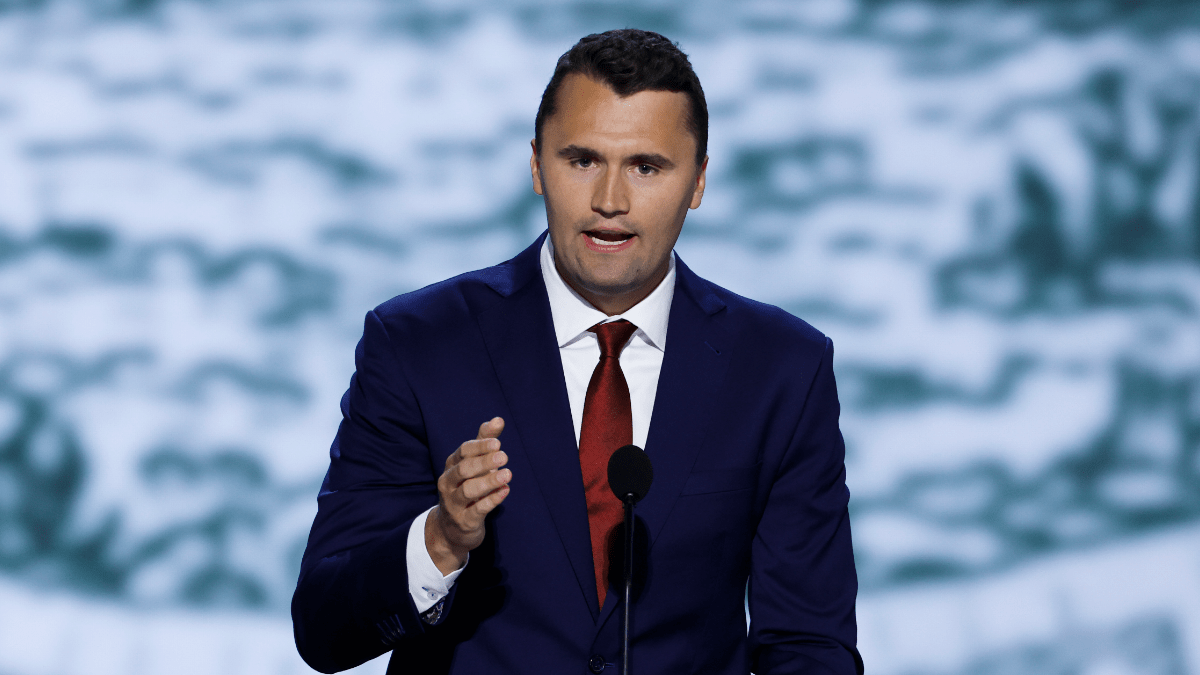

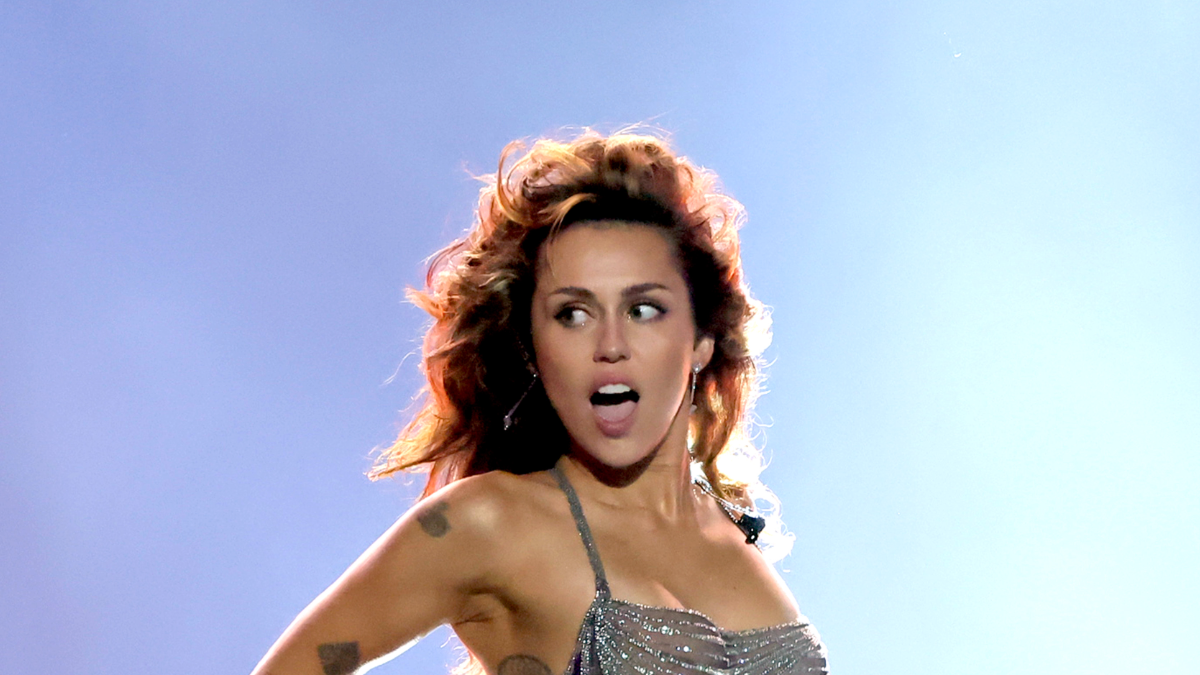



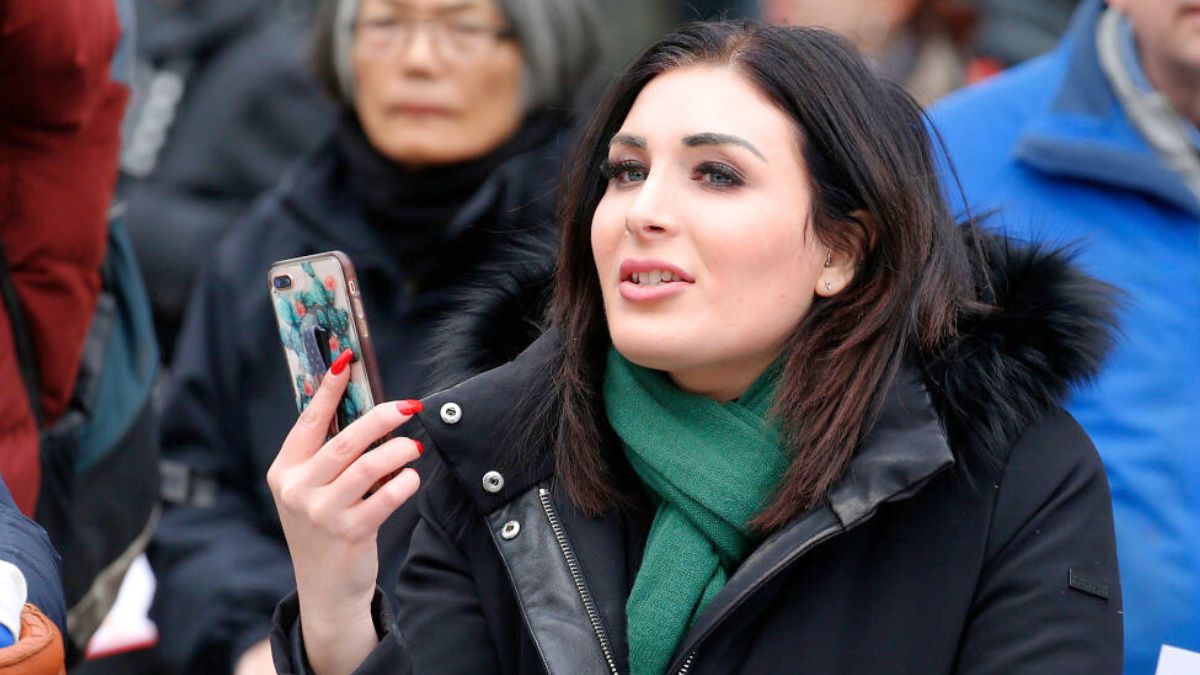

Published: Feb 7, 2023 12:26 am